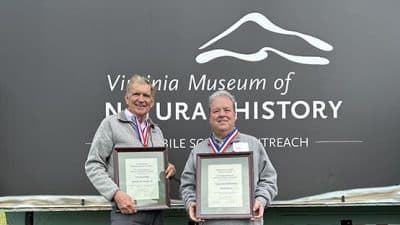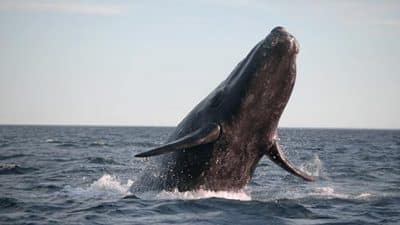
Life is full of strange, but true facts.
One of them is that a court in Norfolk, Virginia oversees litigation regarding the wreckage of the RMS Titanic.
On April 10,1912, the RMS Titanic, operated by the White Star Line, set sail with passengers from London. The experienced Capt. Edward Smith, who was to retire after the maiden voyage, led the crew.
At 11:40 p.m. on April 14, the Titanic struck an iceberg and began to take on water. By 2:30 a.m. on April 15, the unsinkable ship lay at the bottom of the Atlantic Ocean near Newfoundland. More than 1,500 passengers and crew died.
Norfolk presides over the wreckage of the Titanic thanks to “the law of salvage,” a lump of coal and a shipwreck of gold. “The law of salvage” states the first company to retrieve an artifact from a shipwreck may take it to whatever court it wishes and claim rights.
“By the 1990s, Norfolk had actually become a desired location for significant historical shipwrecks,” Norfolk maritime lawyer Dustin Paul said to The Washingtonian. “We have very well-respected judges here who are familiar with these types of issues.”
The court also reviews plans from companies that wish to visit the wreckage site, including OceanGate, operator of the Titan submersible lost on June 18. Eastern District of Virginia judge Rebecca Beach Smith began reviewing the company’s expedition plans several years ago.
The U.S. Coast Guard found the wreckage of the Titan approximately 1,600 feet from the Titanic’s wreckage, so close that salvaging or recovering what’s left of the Titan could affect the Titanic. Legal issues regarding the Titan might also appear in Norfolk court.
In September 1985, a Franco-American expedition led by Jean-Louis Michel and Robert Ballard found the wreckage of the Titanic. Ballard believed the wreckage and all artifacts should remain at the bottom of the Atlantic.
But, in 1993, representatives of a private salvage company brought a wine decanter from the Titanic wreckage to court in Norfolk and sought exclusive rights to salvage. Rights were granted the following year, but with stipulations. To protect the public interest of a site with much historical value that is also the resting place of more than 1,500, the judge declared all salvaged artifacts must remain together, and the collection must be available for research and exhibition.
So, why did the representatives of that private salvage company approach a court in Norfolk in 1993? Why not a court in Canada closer to the wreckage site?
Because in 1857, the S.S. Central America, sailing from New York City to California with gold on the minds of the crew, broke apart and sank during a hurricane. Marine engineer Tommy Thompson found the wreckage in 1988 200 miles off the coast of South Carolina. Thompson’s team hurried to grab an artifact and get it to a judge. The first artifact they found was a lump of coal, which was brought to a judge in Norfolk.
According to Ole Varmer, a retired National Oceanic and Atmospheric Administration lawyer who specialized in shipwrecks, litigation regarding the Titan will probably find its way to Norfolk.
“The people suing will look for a forum that will be most favorable to them, and in terms of jurisdiction, that would make sense — I don’t know of another U.S. admiralty court that’s asserted jurisdiction on the continental shelf of Canada where this accident occurred,” Varmer said.










